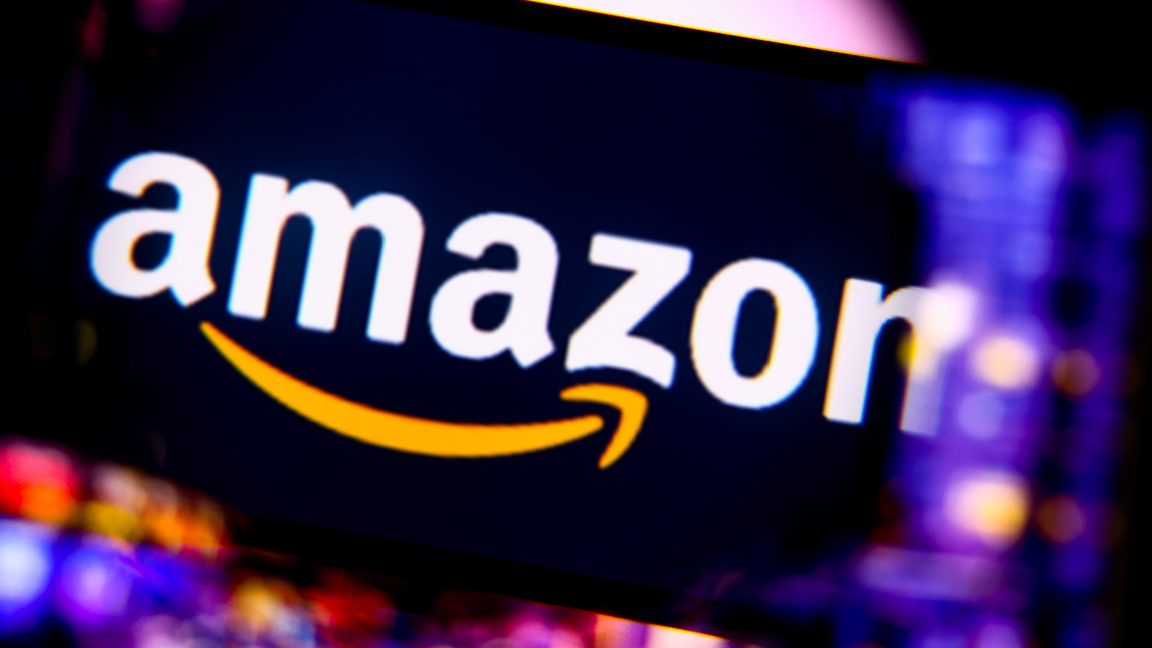FTC settles with Amazon for a whopping $2.5 billion over alleged deceptive practices: 'A record-breaking, monumental win for the millions of Americans who are tired of deceptive subscriptions that feel impossible to cancel'
Wonder how much Amazon made from it though.

The US Federal Trade Commission has announced an enormous settlement with Amazon.com to the tune of $2.5 billion, based on allegations that "Amazon enrolled millions of consumers in Prime subscriptions without their consent, and knowingly made it difficult for consumers to cancel." The announcement comes two days after the commencement of a jury trial in Seattle on the issue.
The settlement is composed of a $1 billion civil penalty, with an additional $1.5 billion in refunds to be paid back to consumers affected by such practices. Amazon is further required to "cease unlawful enrollment and cancellation practices for Prime," which will be interesting.
This is one of those where surely we're all thinking "too right." I have a Prime subscription, and a few extras, but have noticed Amazon on occasion charging me up for things I didn't sign up for: I was particularly annoyed when one of my children was able to sign up for an expensive multi-device Amazon Music package via Alexa. Amazon's business is constructed around customer service, but this is one area where it feels extraordinarily consumer unfriendly.
"Today, the Trump-Vance FTC made history and secured a record-breaking, monumental win for the millions of Americans who are tired of deceptive subscriptions that feel impossible to cancel,” said FTC Chairman Andrew Ferguson.
"The evidence showed that Amazon used sophisticated subscription traps designed to manipulate consumers into enrolling in Prime, and then made it exceedingly hard for consumers to end their subscription. Today, we are putting billions of dollars back into Americans’ pockets, and making sure Amazon never does this again."
The FTC charged Amazon and several executives with knowingly misleading millions of customers, saying it created "confusing and deceptive user interfaces to lead consumers to enroll in Prime without their knowledge." On top of which it layered "a complex and difficult process for consumers seeking to cancel their Prime subscription" with the goal of stopping people cancelling.
Strikingly, documents were discovered in the pre-trial process in which Amazon executives and employees discussed these exact practices, saying things like "subscription driving is a bit of a shady world" and landing customers with unwanted subscriptions is "an unspoken cancer."
Keep up to date with the most important stories and the best deals, as picked by the PC Gamer team.
The FTC estimates that 35 million consumers were impacted by "unwanted Prime enrollment or deferred cancellation," and this is where the $1.5 billion in restitution is going. The remedies that Amazon will have to enact on its site include:
- A clear and conspicuous button for customers to decline Prime. Amazon can no longer have a button that says "No, I don’t want Free Shipping."
- Clear and conspicuous disclosures about all material terms of Prime during the Prime enrollment process, such as the cost, the date and frequency of charges to consumers, whether the subscription auto-renews, and cancellation procedures.
- Creation of an easy way for consumers to cancel Prime, using the same method that consumers used to sign up. The process cannot be difficult, costly, or time-consuming and must be available using the same method that consumers used to sign up.

Paying for an independent, third-party supervisor to monitor Amazon’s compliance with the consumer redress distribution process.
Amazon having to pay for an independent supervisor to check its homework is kinda beautiful, I have to admit. Amazon has admitted no wrongdoing in the settlement, adding that it has "always followed the law" and subsequent to this agreement will "move forward and focus on innovating for customers."
Amazon faces another antitrust lawsuit brought by the FTC, this one concerning whether it runs a monopoly that inflates prices and degrades quality. That case goes to trial in February 2027.
2025 games: This year's upcoming releases
Best PC games: Our all-time favorites
Free PC games: Freebie fest
Best FPS games: Finest gunplay
Best RPGs: Grand adventures
Best co-op games: Better together

Rich is a games journalist with 15 years' experience, beginning his career on Edge magazine before working for a wide range of outlets, including Ars Technica, Eurogamer, GamesRadar+, Gamespot, the Guardian, IGN, the New Statesman, Polygon, and Vice. He was the editor of Kotaku UK, the UK arm of Kotaku, for three years before joining PC Gamer. He is the author of a Brief History of Video Games, a full history of the medium, which the Midwest Book Review described as "[a] must-read for serious minded game historians and curious video game connoisseurs alike."
You must confirm your public display name before commenting
Please logout and then login again, you will then be prompted to enter your display name.


